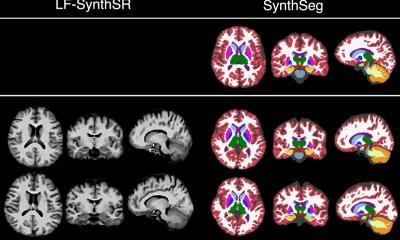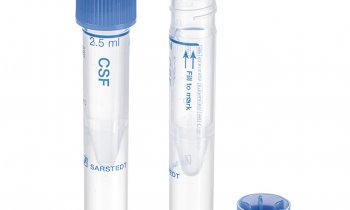News • Grim prognosis
Number of americans with Alzheimer’s will more than double by 2060
47 million Americans already demonstrate some evidence of susceptibility to the disease

About 15 million Americans will have either Alzheimer’s dementia or mild cognitive impairment by 2060, up from approximately 6.08 million this year, according to a new study by researchers at the UCLA Fielding School of Public Health. The findings highlight the need to develop measures that could slow the progression of the disease in people who have indications of neuropathological changes that could eventually lead to Alzheimer’s dementia, said Ron Brookmeyer, professor of biostatistics at the UCLA Fielding School of Public Health and the study’s lead author. The country’s population is aging and with it comes a growing number of people with Alzheimer’s disease. The study was published in the peer-reviewed Alzheimer’s and Dementia: The Journal of the Alzheimer’s Association. The study is the first of its kind that has estimated the numbers of Americans with preclinical Alzheimer’s disease or mild cognitive impairment.
“There are about 47 million people in the U.S. today who have some evidence of preclinical Alzheimer’s, which means they have either a build-up of protein fragments called beta-amyloid or neurodegeneration of the brain but don’t yet have symptoms,” Brookmeyer said. “Many of them will not progress to Alzheimer’s dementia in their lifetimes. We need to have improved methods to identify which persons will progress to clinical symptoms, and develop interventions for them that could slow the progression of the disease, if not stop it all together.” The researchers examined the largest studies available on rates of progression of Alzheimer’s disease and used that information in a computer model they built that took into account the aging of the U.S population. The model projected the numbers of people in preclinical and clinical disease states.
Estimates by disease state and severity are important because the resources needed to care for patients vary so much over the course of the illness
Ron Brookmeyer
They found that by 2060 about 5.7 million Americans will have mild cognitive impairment and another 9.3 million will have dementia due to Alzheimer’s. Of the latter group, about 4 million Americans will need an intensive level of care similar to that provided by nursing homes. Mild cognitive impairment is an intermediate clinical stage that does not yet meet the threshold for dementia. Brookmeyer estimates that today about 2.4 million Americans are living with mild cognitive impairment due to Alzheimer’s disease. “Estimates by disease state and severity are important because the resources needed to care for patients vary so much over the course of the illness,” Brookmeyer said.
There are some sources of uncertainty in the findings. Participants in the studies the researchers examined may not represent all demographics. Also, there are other types of dementia, such as vascular dementia, that were not examined but could have an impact on these numbers.
Source: University of California, Los Angeles (UCLA), Health Sciences
08.12.2017









